Adapting a Military Comms Plan to Civilian Life for Brevity, Clarity and a Little Fun
Adapting a Military Comms Plan to Civilian Life for Brevity, Clarity and a Little Fun
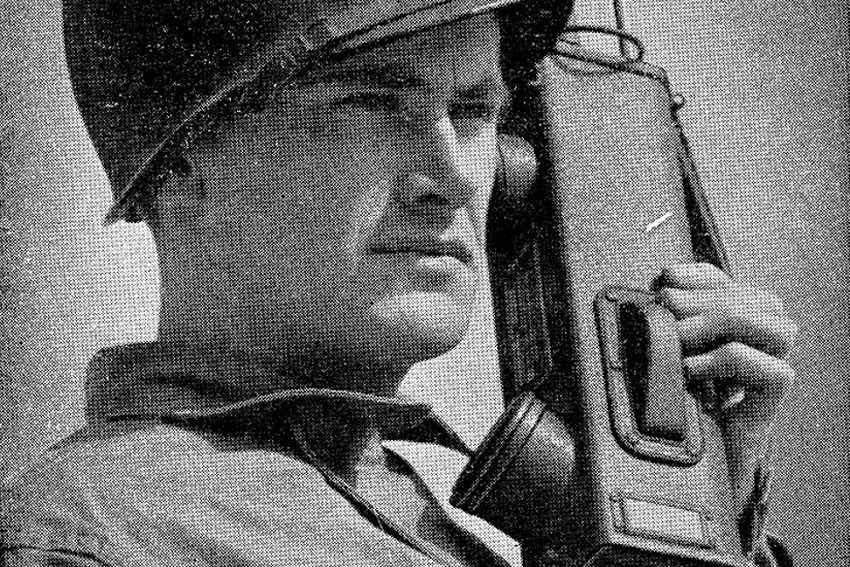
Day to day communication in the military differs greatly from that of civilian life. For instance, in the military everything is an acronym and actually becomes a language of its own.
“Does your MOS require a PCS for your AIT or can your CMC just send you TDY/TAD?”
Many of you know exactly what that sentence means.
Translation:
“Does your job require you to relocate for your professional instruction or can your boss just send you on a business trip?”
The reason that this happens in the military is to streamline communication for speed and to create less confusion. Why can’t we learn to implement certain terms, signals and responses into our every day life as civilians and Veterans? Of course, I don’t mean to use more acronyms, but rather similar speech. There are certain terms and even non-verbal communication that will increase your ability to be concise, specific and deliberate in your day-to-day communication. Here’s a taste.
Verbal
“Copy All” – Do you ever get long emails with a lot of information, questions, concerns and opinions all wrapped up into one paragraph? Instead of commenting on every subject presented, you can simply send a return of “Copy All.” I like this because while it’s non-committal, it lets the other party know that you’ve read and understand all the material contained within the email.
“Wait One” – This means that you’ll reply in a bit. It can easily replace, “hang on a second,” or “I’ll get right back to you” and even “I see what you mean, let me check with the boss and get back to you with the answers you need.” It’s an extremely versatile way of saying what you mean in a way that won’t be misunderstood.
“Will Advise” – When someone asks you for information that you don’t have yet, you can easily respond with “will advise.” The implication is that you’ll let them know as soon as you’re made aware. This can, of course, be turned around to request information the moment it becomes available by simply saying, “please advise.” It works pretty well both ways.
“Check” – This is more or less the F-word of the SOF community.
“F the F’n f’ers,” is a way of using one word as a verb, an adjective and a noun. In the same way, “Check” is every bit as versatile, but I’ve never heard it used as a noun. It can mean almost anything, considering the context and can be used to express happiness, anger, or disrespect, although the original intent was to express “I understand” or “will do.”
Q: “Can you take out the trash?”
A: “Check” meaning “will do.”
Q: “Your boss needs cover sheets on these TPS reports.”
A: “Che—eck” meaning “what a dick.”
Q: “I want to break up.”
A: “Cheeeyaack!” meaning, “who cares” or “thank god, I didn’t want to have a 5-hour conversation to the same effect anyway.”
The point is that it’s the Holy Grail of responses and can be manipulated to meet your needs with little more than voice inflection.
“Out” – Has anyone else ever been extremely annoyed by people on comms who get the words “Out” and “Over” mixed up? Personally, it used to drive me up the wall. No one wants to sit there on the other end of a radio waiting for a follow-on thought, only to realize that the other person meant that they were done talking. The same kind of miscommunication can happen on cell phone calls. Instead of the awkward good-bye where both parties say why they have to get going in three separate forms of “Later” before hanging up, you can simply say “Roger, Out.”
*Muster III Note: You guys will be on comms this year, so be sure to get the lingo down now because it will most certainly come into play more than once. When you’re done with a sentence and wish to allow the other person to speak, end your transmission with “Over.” The other person will respond accordingly without hesitation. When you’ve understood the person on the other end and wish to end your radio transmission, simply say “Roger, Out.”*
Non-Verbal
Situation: You’re on a conference call with important people when Ted, the resident “that guy” decides to barge in and say, “Have you seen Johnny?”
The next time you’re on your phone and someone asks you where someone is, don’t tell the person on the line to “wait one.” Instead, point two fingers to your eyes and point in the direction of the individual they’re looking for. This tells the person, in no uncertain terms, that you saw the guy and he’s that way.
“Hey bro, you didn’t really go streaking after last years Christmas party did you?”
Instead of frantically looking for the mute button, just put your fingers together and start making a “slash your throat” gesture. While this may not be a direct translation from the military use, it will surely get your point across, even to Ted.
“I need help and I need it now!”
Simply make a fist with your hand and raise it above your head. This is the universal sign for halt, but will translate well into “be quiet and wait a moment, Ted.”
Phrases that say A LOT
“He’d be a great neighbor” – This is an insider way of saying that you’d never want to work with the guy. It’s a good way of warning a trusted friend about someone who isn’t up to speed for whatever reason without trash talk or gossip.
“He’s a ‘nice’ guy” – Ouch! The kiss of death. This means that you don’t recommend the guy to anyone, for any reason. It’s believed that the first time this description was ever used was when Judas crashed the last supper. It was also how Hitler referred to Mussolini after the Allies marched on Rome.
“Good Dude” – Stamp of approval. Only use this when you’ve spent enough time with someone to really vouch for him or her. If the individual is somewhat unreliable, the term can still be applied if he’s really funny, drinks well and NEVER screws his buddies over.
Have any phrases that work for you? Whether they get the message across clearly or are just funny, let us know!”
Editor-in-Chief’s Note: Nick recently left the Navy after serving for 10 years as a Navy SEAL with multiple deployments, having been awarded the Bronze Star for operations in austere environments. Nick’s been with us since the beginning here at ITS on our Advisory Board.






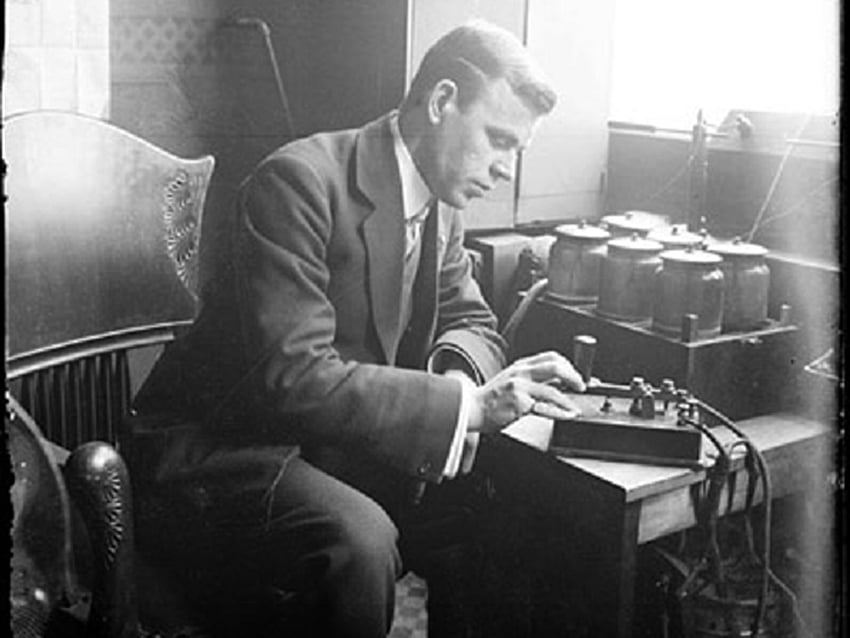
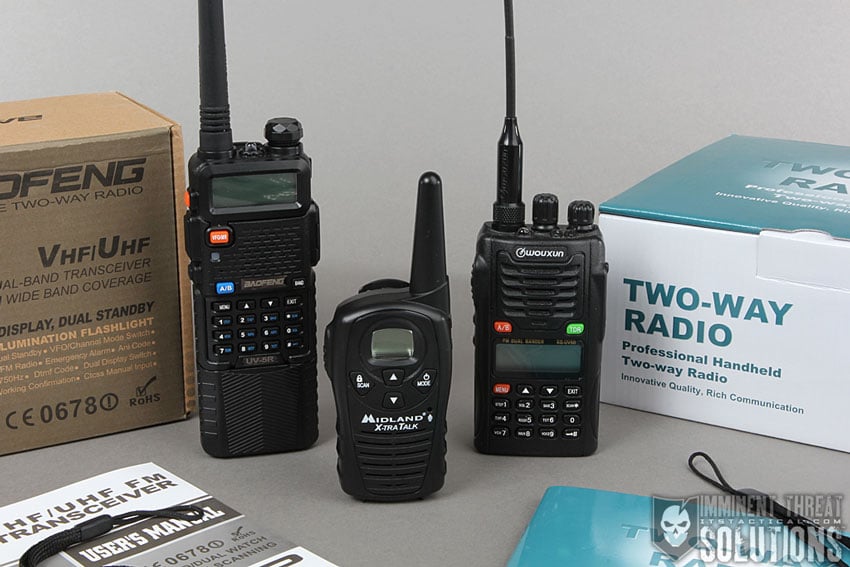
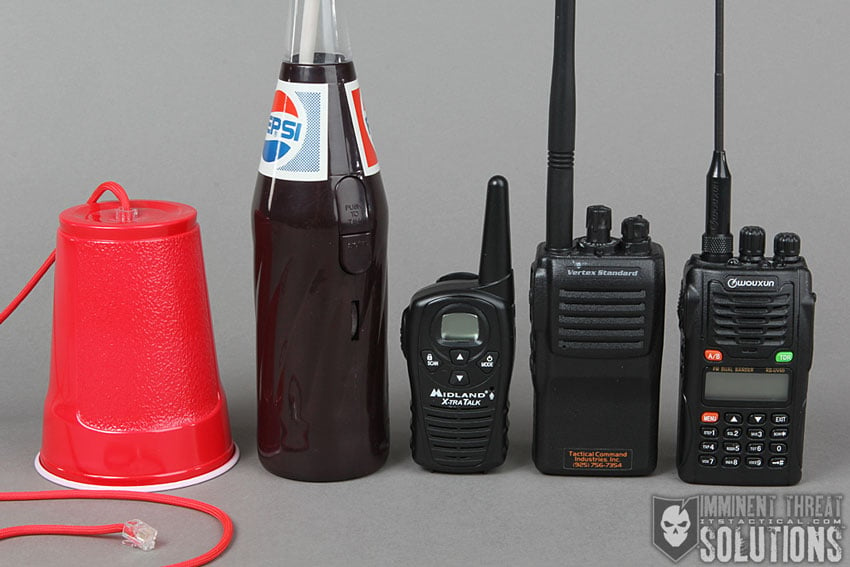
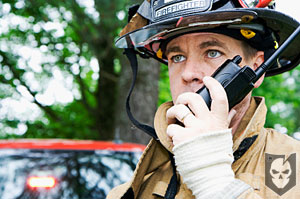

Discussion